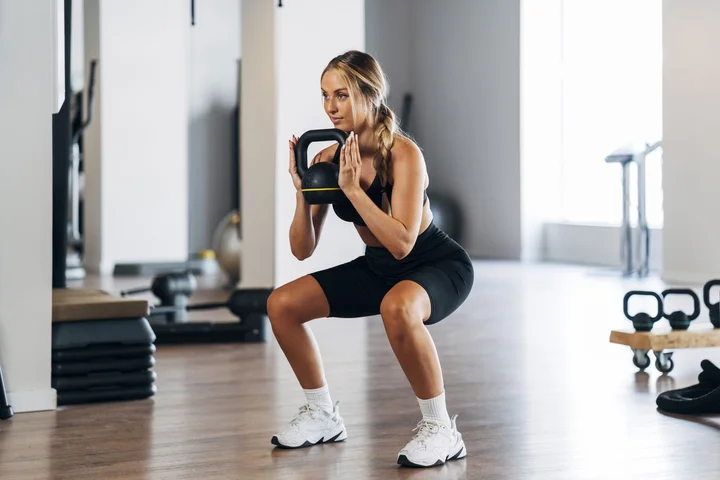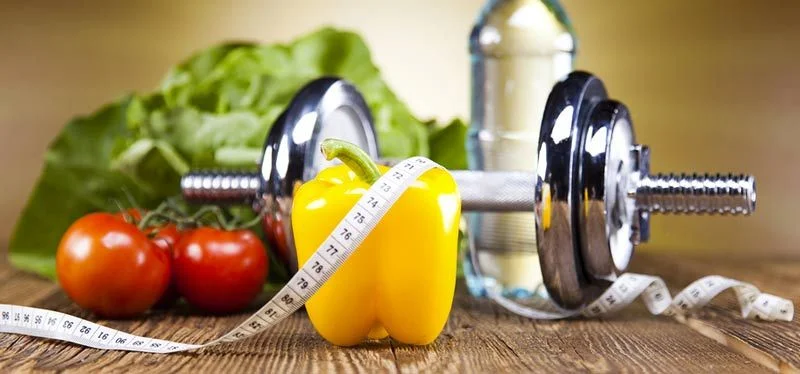Building Muscle for Women: Proven 7-Step Plan
Building muscle is not just for men, it’s equally important and beneficial for women. However, many women shy away from strength training due to misconceptions and myths surrounding muscle growth. In reality, muscle building offers numerous advantages, from enhanced strength and metabolism to improved body composition and mental well-being. This comprehensive guide aims to debunk common myths, highlight the benefits, and provide a proven 7-step plan for women to effectively build muscle. Whether you’re a beginner or looking to optimize your current routine, this guide will help you achieve your muscle-building goals.
Introduction to Female Muscle Growth
Why Women Should Build Muscle
Building muscle is essential for women not just for aesthetics but for overall health. It enhances strength, improves metabolic rate, and boosts confidence. Additionally, muscle growth helps in maintaining bone density, which is crucial for preventing osteoporosis.

Benefits of Female Muscle Growth
- Enhanced Strength: Building muscle increases overall physical strength, making daily tasks easier and improving athletic performance.
- Improved Metabolism: More muscle mass means a higher resting metabolic rate, helping in weight management.
- Better Body Composition: Muscle growth contributes to a toned and sculpted physique.
- Increased Bone Density: Strength training promotes bone health, reducing the risk of fractures and osteoporosis.
- Mental Health Benefits: Regular exercise, including strength training, is linked to reduced symptoms of anxiety and depression.
Common Myths Debunked
- Myth: Women will get bulky. Fact: Women have lower testosterone levels than men, making it difficult to gain large amounts of muscle mass.
- Myth: Cardio is better than strength training for weight loss. Fact: Strength training builds muscle, which burns more calories at rest compared to cardio.
- Myth: Older women can’t build muscle. Fact: Women of all ages can build muscle with the right training and nutrition plan.
Best Peptides for Muscle Growth
Peptides are short chains of amino acids that can aid in muscle growth. Some popular peptides for women include:
- CJC-1295: Helps increase growth hormone levels, promoting muscle growth and fat loss.
- Ipamorelin: Stimulates the release of growth hormone, aiding in muscle recovery and growth.
- BPC-157: Known for its healing properties, it can help with recovery from injuries and enhance muscle growth.
Effective Workouts for Women
Strength Training Basics
Strength training involves exercises that improve muscular strength and endurance. Beginners should focus on mastering basic movements like squats, deadlifts, and bench presses.
Compound Exercises
Compound exercises work multiple muscle groups simultaneously, making them efficient for building overall strength. Examples include:
- Squats: Target the quadriceps, hamstrings, glutes, and core.
- Deadlifts: Work the back, glutes, hamstrings, and core.
- Bench Press: Focus on the chest, shoulders, and triceps.

Female Muscle Expansion Workouts
These workouts are designed to target muscle hypertrophy, aiming for higher reps and moderate to heavy weights. Examples include:
- Leg Press: Targets the quadriceps, hamstrings, and glutes.
- Lat Pulldown: Focuses on the back and biceps.
- Shoulder Press: Works the shoulders and triceps.
Cardio vs. Weight Training

While cardio is essential for cardiovascular health, weight training is more effective for building muscle. A balanced fitness routine should include both, but prioritize weight training if muscle growth is the goal.
Building Muscle for Women: Nutrition

Protein Intake
Protein is crucial for muscle repair and growth. Women should aim to consume 0.7 to 1.0 grams of protein per pound of body weight daily. Good sources include lean meats, fish, dairy, and plant-based proteins like beans and lentils.
Meal Timing
Eating the right nutrients at the right times can enhance muscle growth. It’s beneficial to consume protein and carbohydrates within 30 minutes post-workout to support recovery and muscle synthesis.
Supplements for Women
While not necessary, supplements can aid in muscle growth. Some effective options include:
- Whey Protein: Convenient and high-quality protein source.
- Creatine: Supports strength and muscle gains.
- BCAAs: Help reduce muscle soreness and improve recovery.
Hydration Tips
Proper hydration is essential for muscle function and recovery. Women should aim to drink at least 8-10 glasses of water daily, adjusting for activity level and climate.
Rest and Recovery Strategies
Importance of Sleep
Adequate sleep is crucial for muscle recovery and growth. Aim for 7-9 hours of quality sleep per night to support overall health and fitness goals.
Active Rest Days
Active rest days involve low-intensity activities like walking, yoga, or stretching. These activities promote recovery without putting additional strain on the muscles.
Stretching Techniques
Incorporate stretching into your routine to improve flexibility, reduce muscle tightness, and prevent injuries. Focus on both dynamic stretches before workouts and static stretches post-workout.
Injury Prevention
Preventing injuries is key to a sustainable fitness routine. Ensure proper form during exercises, gradually increase weights, and listen to your body to avoid overtraining.
Tracking Muscle Growth Progress
Monitoring Strength Gains
Keep track of the weights lifted and reps performed in each workout. Progressive overload, gradually increasing the weight or reps, is essential for continued muscle growth.
Using Body Metrics
Measure body metrics such as body fat percentage, muscle mass, and measurements of key areas like the waist, hips, and thighs to track progress beyond the scale.
Photo Comparisons
Taking regular progress photos can provide a visual representation of muscle growth and body composition changes over time.
Adjusting Your Routine
Regularly assess your routine and make adjustments as needed. This could include changing exercises, increasing weights, or altering the number of sets and reps to continue challenging your muscles.
Q&A
What is the best training frequency for building muscle for women?
The best training frequency is typically 3-4 times per week, focusing on different muscle groups each session to allow for adequate recovery.
How much protein do women need to build muscle?
Women should aim for 0.7 to 1.0 grams of protein per pound of body weight daily to support muscle growth.
Are supplements necessary for female muscle growth?
Supplements are not necessary but can be beneficial. Essential ones include whey protein, creatine, and BCAAs.
Can women build muscle without gaining weight?
Yes, women can build muscle and lose fat simultaneously, leading to a more toned physique without significant weight gain.
What cardio exercises complement muscle growth for women?
Low-impact cardio like cycling, swimming, or brisk walking can complement muscle growth without interfering with strength training goals.

